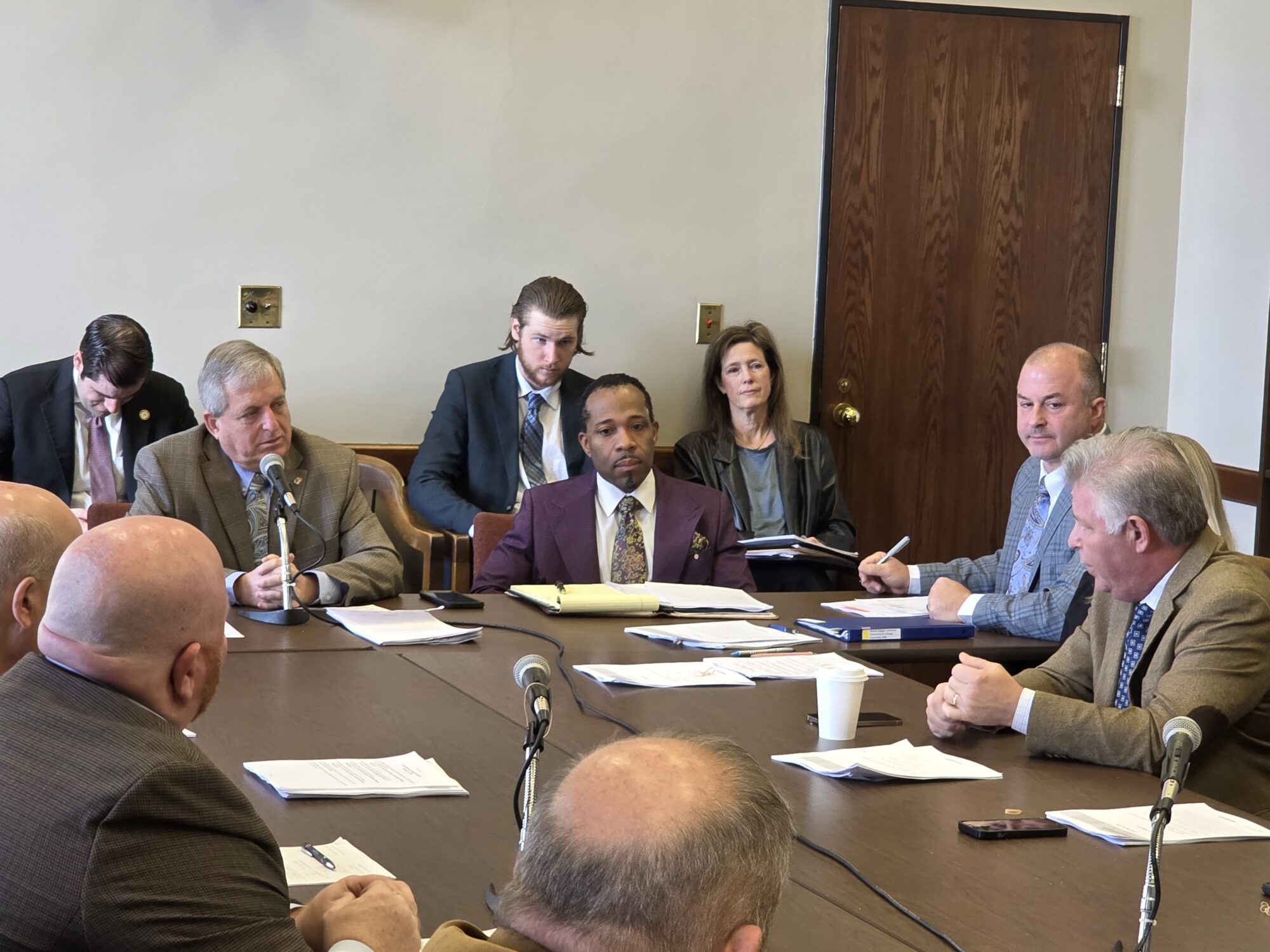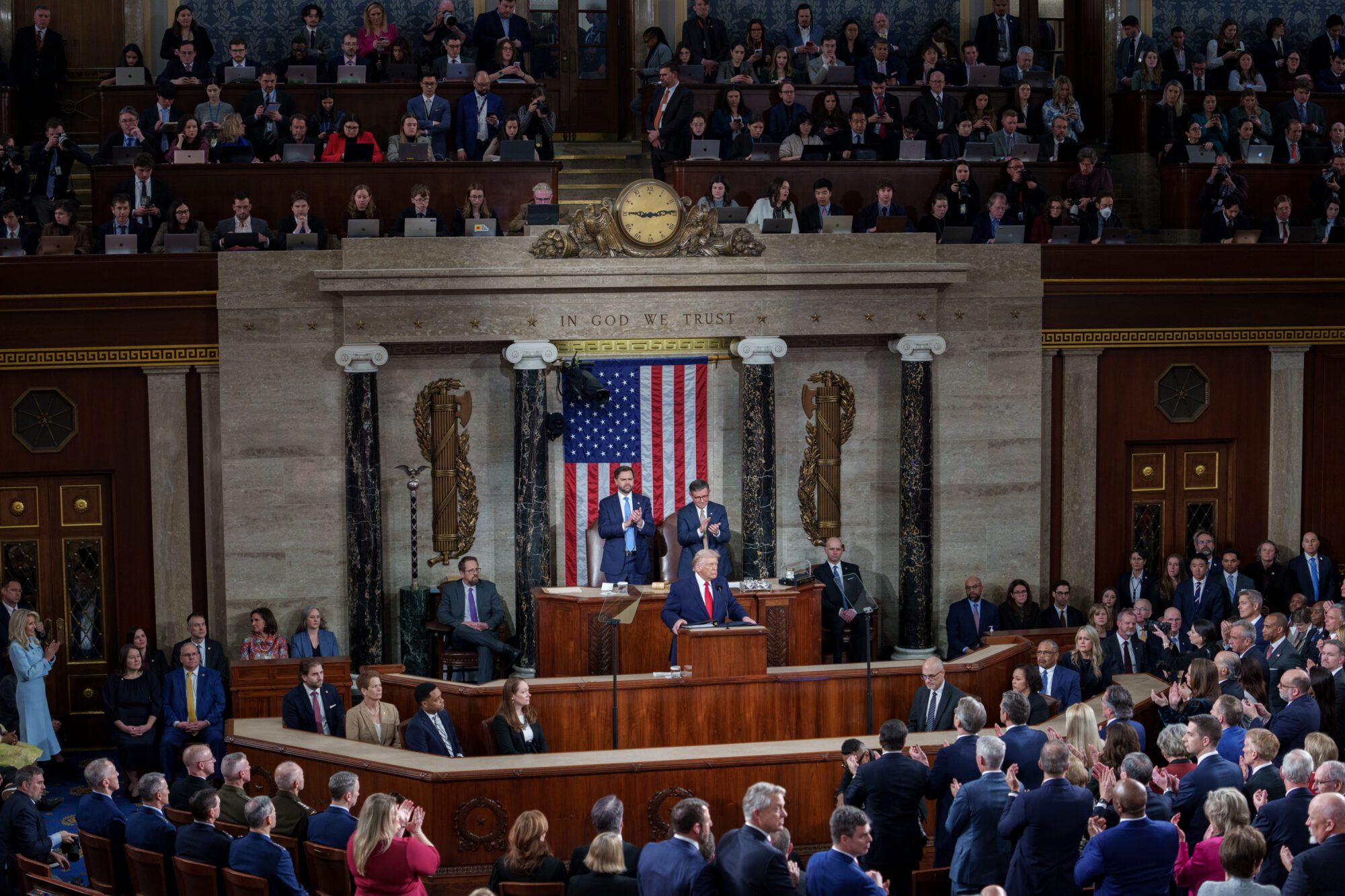
Amicus briefs are piling up in the Madison Mayor versus Secretary of State case challenging whether the medical marijuana Initiative 65 was properly before Mississippi voters in the November General Election.
The Mississippi Department of Health has filed a brief supporting Mayor Mary Hawkins Butler’s position, arguing that there are many content problems with the constitutional amendment, including “its wide-ranging scope and conflicts with existing state and federal law.” Initiative 65 tasked MSDH with the sole administration and oversight of the state’s medical marijuana program, a Herculean feat MSDH says it should not be required to perform.
Others who have currently filed amicus briefs in the case supporting Madison’s position before the Mississippi Supreme Court are:
- State Senators Angela Hill and Kathy Chism, and State Representative Jill Ford
- Mississippi Municipal League
- Mississippi Sheriff’s Association
- Mississippi State Medical Association and American Medical Association
Representative Ford and Senators Hill and Chism argue in support of Madison’s case saying that the Legislature did not give as “liberal” of an interpretation to the constitutional provisions surrounding the referendum process and the acquiring of signatures from the congressional districts as the Secretary of State’s office has in the initiative process. The three point to Secretary Michael Watson’s own filings while in the state Senate as proof.
“Additionally, many of us in the Legislature recognized that the language in Section 273(3) referring to congressional districts could not be reconciled with the loss of a congressional seat in 2000 and must therefore be amended,” the lawmakers’ brief states. “Indeed, the Secretary of State himself introduced a resolution in 2015 intended to do just that. Sadly, that resolution died in committee. Nevertheless, bringing Section 273(3) into compliance with the current congressional districts remains the responsibility of the legislative branch, not the judicial branch.”
Ford, Hill and Chism further write that Secretary Watson is in effect asking the Supreme Court to rewrite Section 273(3) in order “to save Measure 65,” saying doing so is “the
essence of judicial activism.”
The Mississippi Municipal League, an organization that supports and lobbies on behalf of the state’s cities and towns, argues that Initiative 65 negatively impacts the state’s “home rule” statute and causes harm to municipalities in their enforcement of zoning laws.
“The definitions set forth in Initiative 65 will have the effect of allowing landowners to grow marijuana in residential neighborhoods and business to set up a limitless number of dispensaries in locations that cannot be effectively regulated, including mere blocks away from schools, churches, and daycares,” MML states. “In addition, the Initiative 65 will have a substantially negative impact on the manner in which zoning decisions are made. The amendment will likely require changes to most municipal zoning ordinances. Such changes are required without regard to the Due Process rights of the citizens of each of the municipalities, thus violating Section 14 of the Mississippi Constitution or 1890, as well as Section 273 itself which provides that an amendment may not modify the Bill of Rights which includes the Due Process clause.”
MML also says Mississippi cities and towns will face financial burdens if Initiative 65 is allowed to stand, arguing that “if this Court allows Initiative 65 to become law, the few fees and taxes applicable to medical marijuana that could generate revenue will flow directly to the Department of Health.”
“In other words,” MML argues, “cities will continue to police and provide governmental services related to the medical marijuana program without any opportunity for financial recovery.”
The Mississippi Sheriff’s Association hangs its support of the Madison case on the potential impact of Initiative 65 on the public’s health and safety.
“Marijuana is already the most used illicit drug in the United States and increased usage will have a corresponding effect of increased addiction,” MSA argues in their brief. “Data suggests marijuana use among adolescents is linked to a decline in IQ as well as potential mental health problems. This lack of a complete understanding of the impacts of the above, make it imprudent to legalize medical marijuana.”
The Sheriffs group goes on to say that the impact of marijuana on the public health in general must also be considered as studies show that marijuana can be a “gateway” drug to more illicit substances, cause a loss of IQ, and lead to mental disorders.
“For all of these reasons, the Court must give the Mississippi Constitution a ‘plain reading’ and void Initiative 65 as being unconstitutionally placed on the ballot,” MSA writes.
The Mississippi State Medical Association and American Medical Association both agree with the Madison Mayor’s position that Initiative 65 was not properly before voters based on the referendum process, arguing that while the wait for the Legislature to implement a medical marijuana program may be a consequence to this action, “an interpretive rewrite are many measures worse.”
“In sum, the greatest negative consequence of any significance that may flow from declaring Initiative 65’s ballot placement unconstitutional is the wait while the Legislature and people fix the error,” the Medical Associations state. “Of course, ‘[t]here is no support in the Constitution or decisions of this Court for the proposition that the cumbersomeness and delays often encountered in complying with explicit Constitutional standards may be avoided.’ On the other hand, the downsides of upholding the law through an interpretive rewrite are many measures worse.”
Secretary of State Michael Watson has maintained that the process used was similar to what has occurred in the past, with the former Secretary of State Delbert Hosemann relying on an Attorney General’s opinion by then AG Jim Hood.
You can read the court filings in this case by visiting the Mississippi Supreme Court’s website here.











